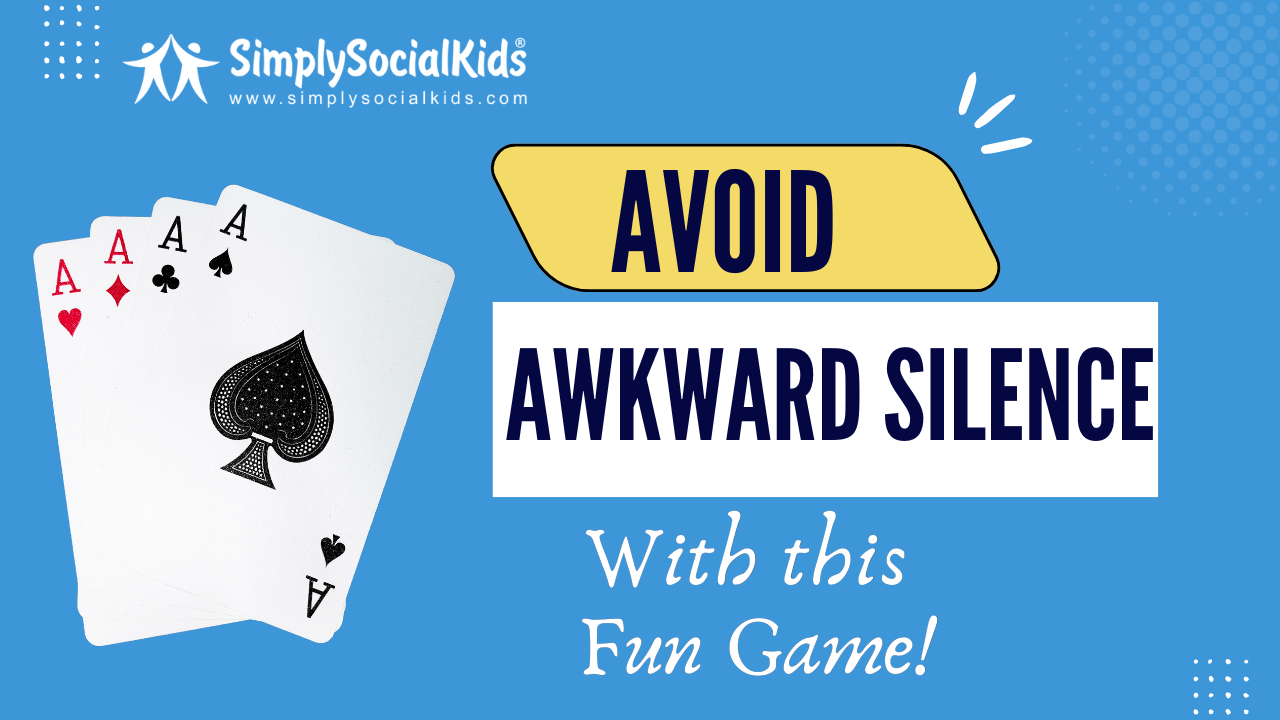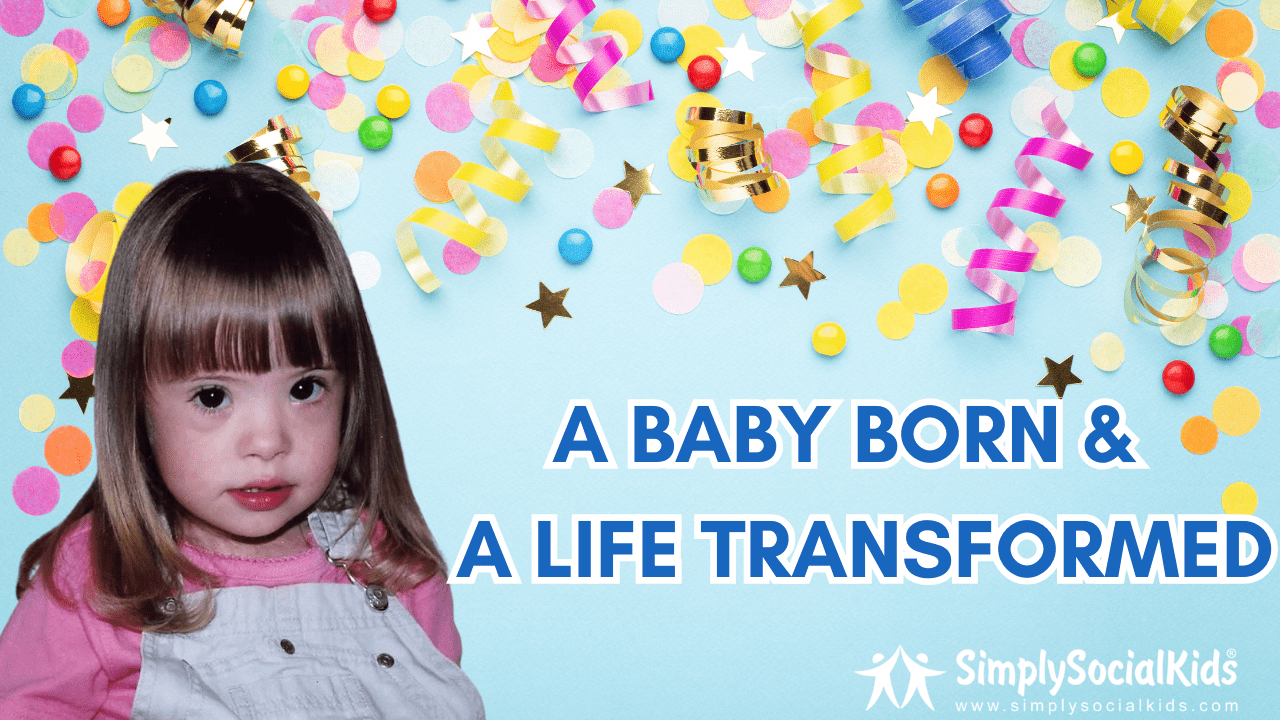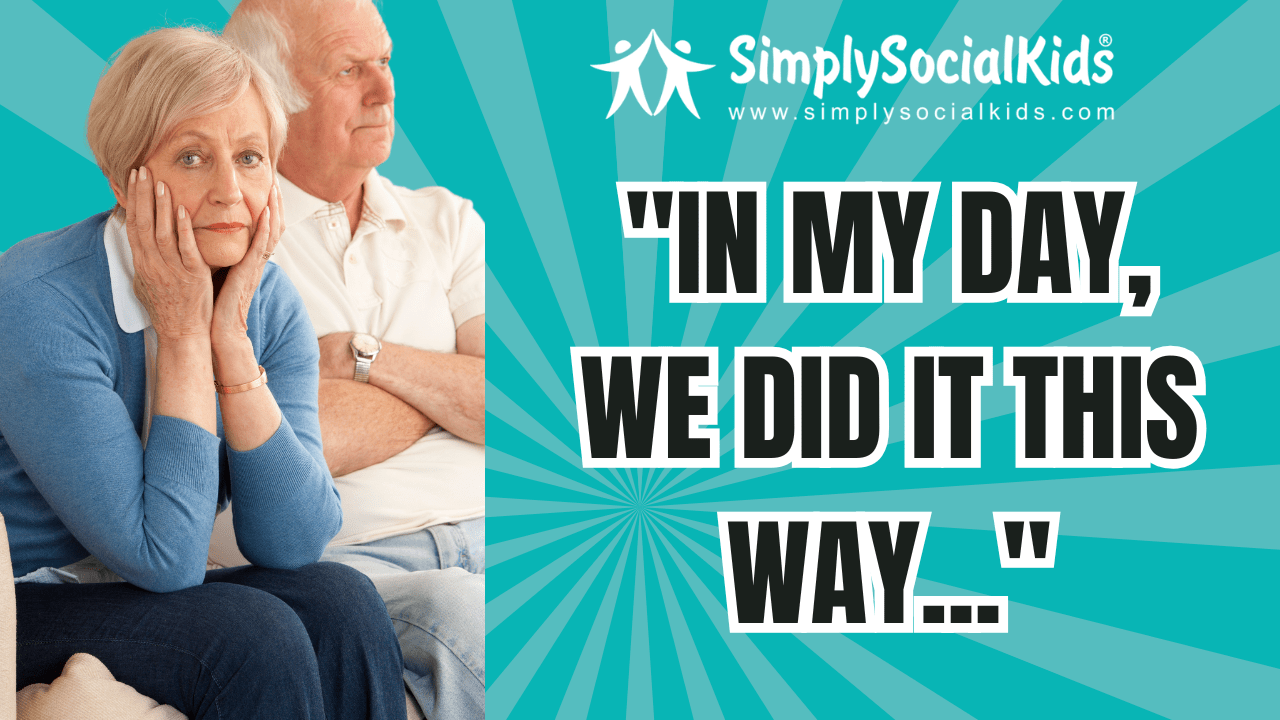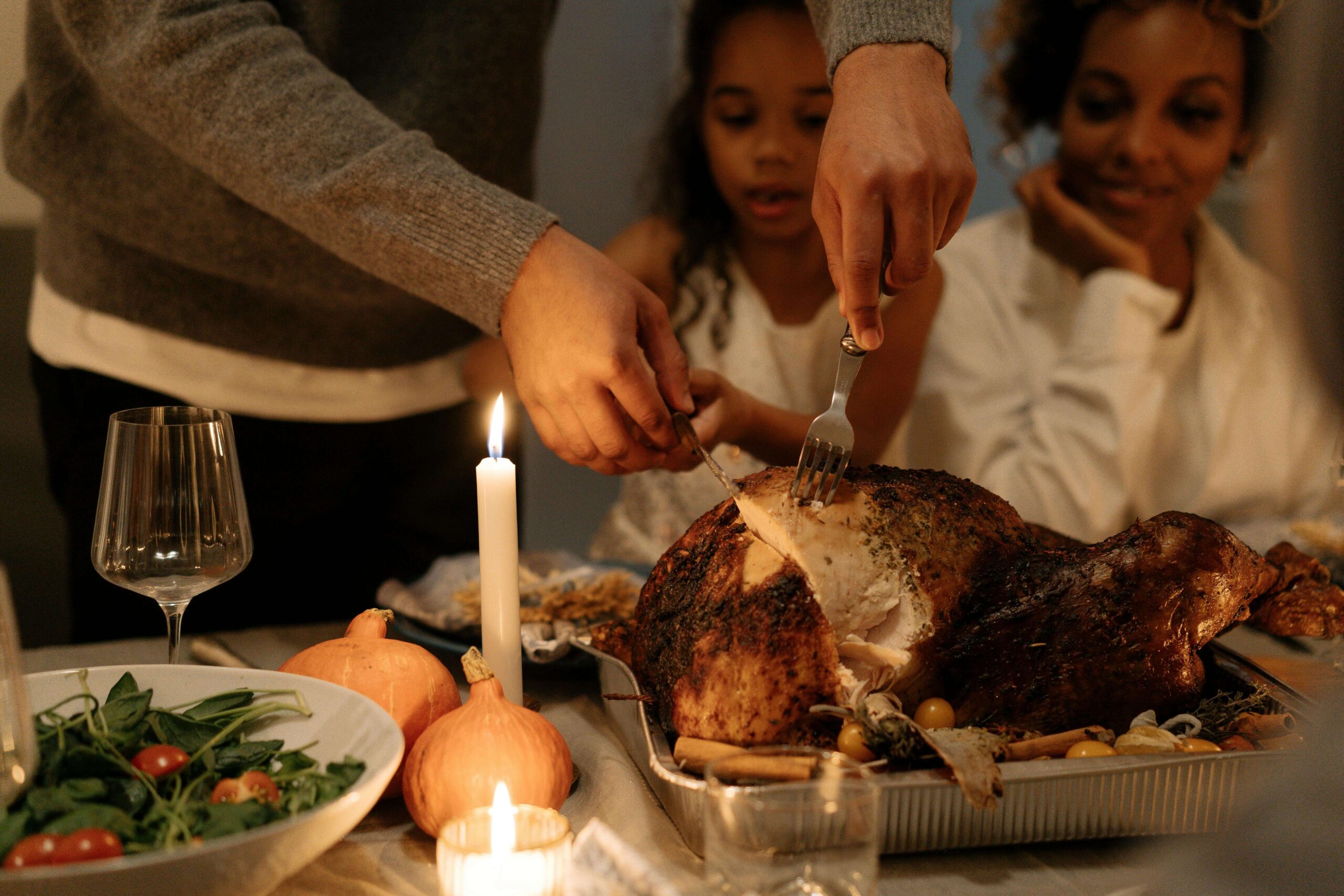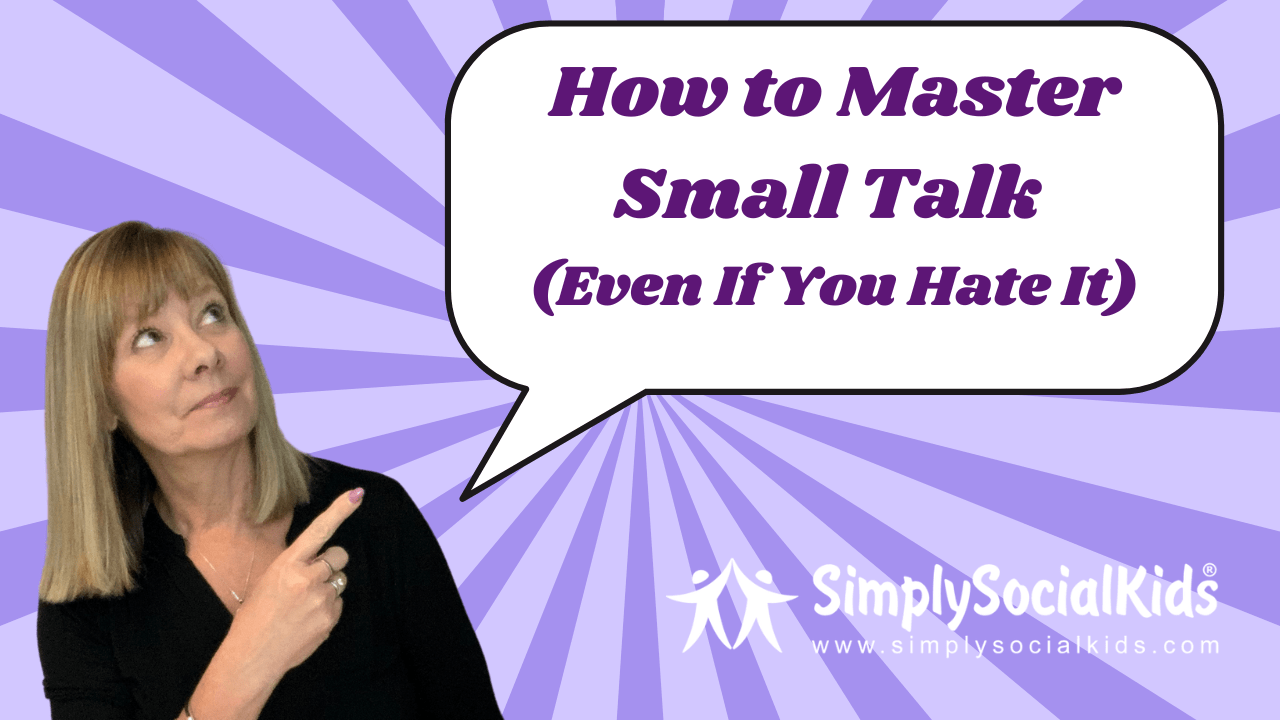

Bragging, boasting, and general blustering can happen when kids feel uncomfortable socially. They might want to be seen as interesting with a wild story or “tough” with how they handled a situation. They might also appear to be contrary by saying or doing the exact opposite of everyone else.
These same kids, often times, are the ones who also can’t read the room. They can’t tell when their bluster is not being believed by their peers. They also can’t tell when they’ve gone so far with their comments and that they’re making those around them uncomfortable. If “called out”, they’ll likely double down on their story to avoid embarrassment.
For example, we play a game with elementary school kids where we create a common social scenario for them to consider. We read the scenario and the kids run to the part of the room that has the answer that they think is correct. If they aren’t sure of the answer, they can go halfway and we discuss. The kids love the game because they’re running around and I love it because they are actively engaged. I create the scenarios to be pertinent to the specific individual kids in the group.
However, some kids will run to the wrong answer deliberately every time. This is perhaps an attempt be noticed or they might think it’s funny. They think they’re being funny and getting “noticed”, but what’s really happening is that the other kids are beginning to think that this kid is not someone they would want to play with based on his answers. When this happened recently with one boy, I explained the messages he was sending with his answers and he was incredulous:
Me: “Did you know that you just told 10 kids that, if they play with you, you will lie, cheat and generally treat them badly?”
Boy “I didn’t tell them that.”
Me: “Your answers to the game just told them.”
Boy: “Oh…”
He had no idea that he was sending negative messages to kids that he loves playing with every week.
In another group, a teen described how they turned around in class at school and savagely spoke to the person behind them. When asked why, it appeared as though were not provoked by anything too significant. The response was, “she looks at me funny sometimes.” They then went on to say other provocative statements like, “I laugh when I see old people fall down.” The comments made were so mean and unkind that, as a social coach, I had to intervene. The person who made these statements certainly didn’t enjoy being coached by an adult in that moment, but they also had missed the reaction of the six other teens who heard the story. Everyone was shifting around uncomfortably, their eyes darting around the room, and the person sitting right next to the teen actually moved away. This teen had no idea that they had gone way too far in making those comments. They didn’t know that they were sending a message to everyone around them that they could not to be trusted to be kind, and in fact, were likely to be mean to them too.
Both of these kids are good kids. They aren’t intending to, or are even aware, that they are sending these messages. They likely are doing it in an attempt to appear interesting or strong. They’ve yet to realize that just being themselves is truly enough. Boasting, bragging and bluster are hurting rather than helping. It takes time to coach them to understand why this will hurt their friendships. They need to learn that they can be assertive if they feel they need to defend themselves without, being aggressive or cruel. With kind, compassionate coaching and an openness to learn on their part, I have no doubt that they’ll get there.
If your child/teen/young adult needs coaching to help them make friends, contact us to schedule a trial https://calendly.com/simplysocialkids/30min or find out more about our weekly programs or Just for Fun clubs or learn more by contacting us at https://simplysocialkids.com/.


